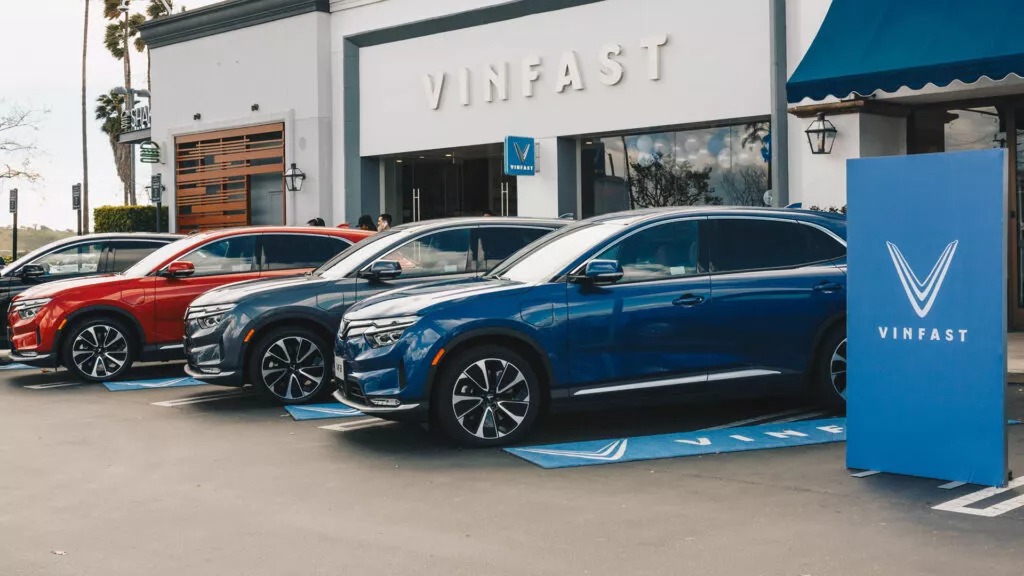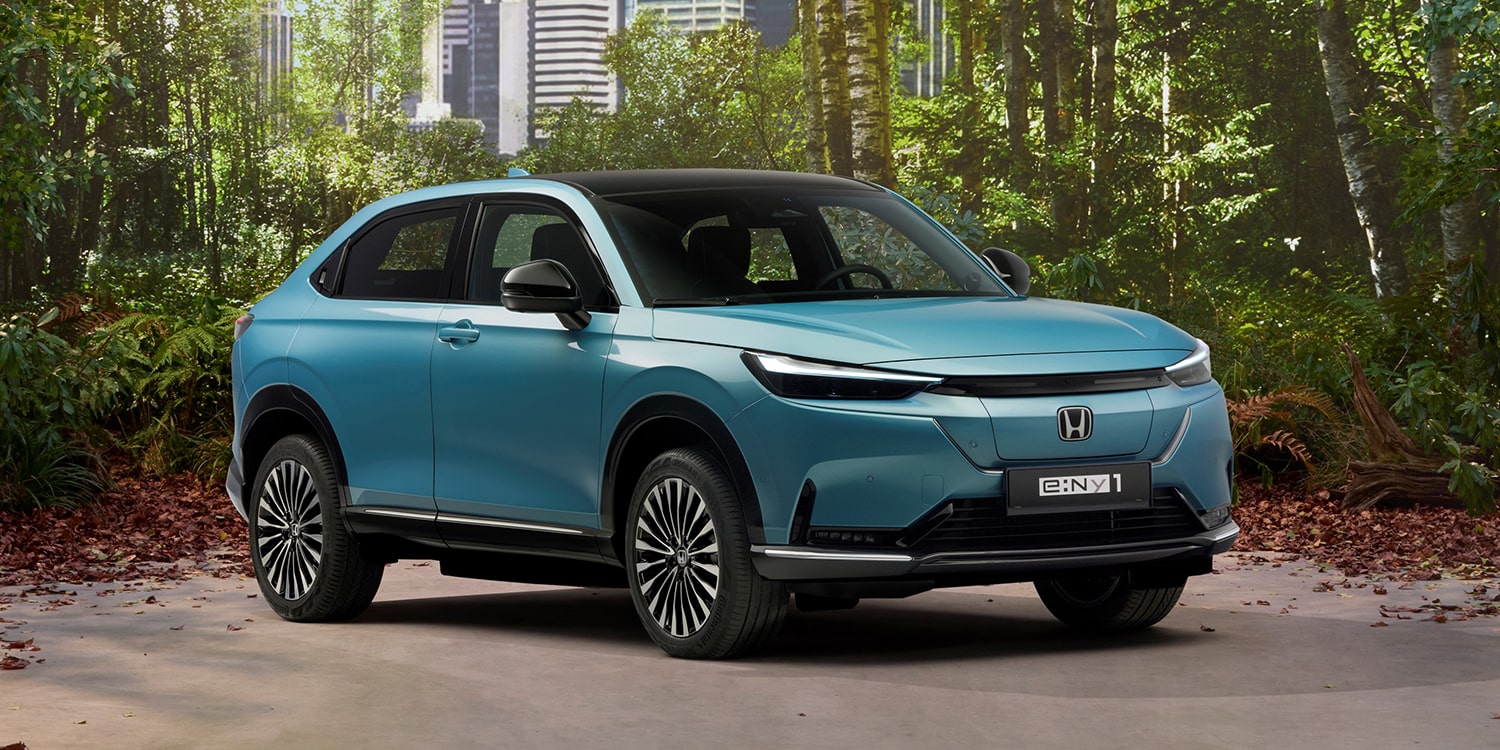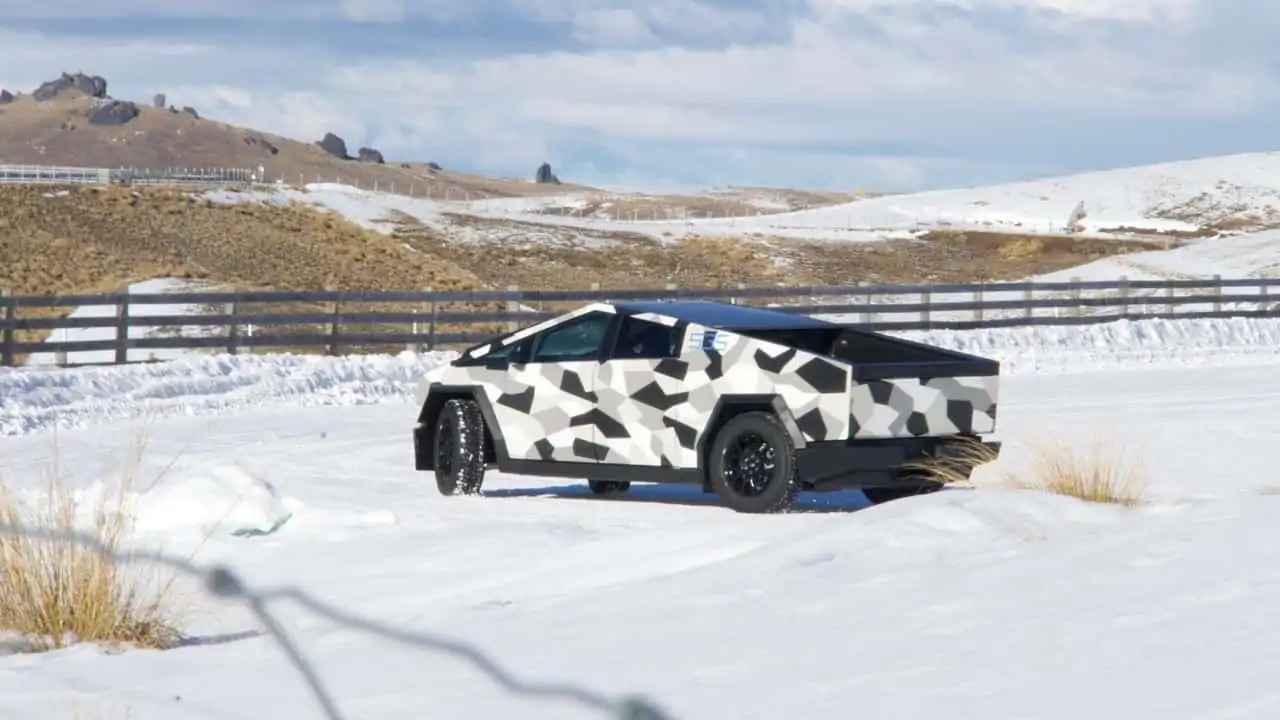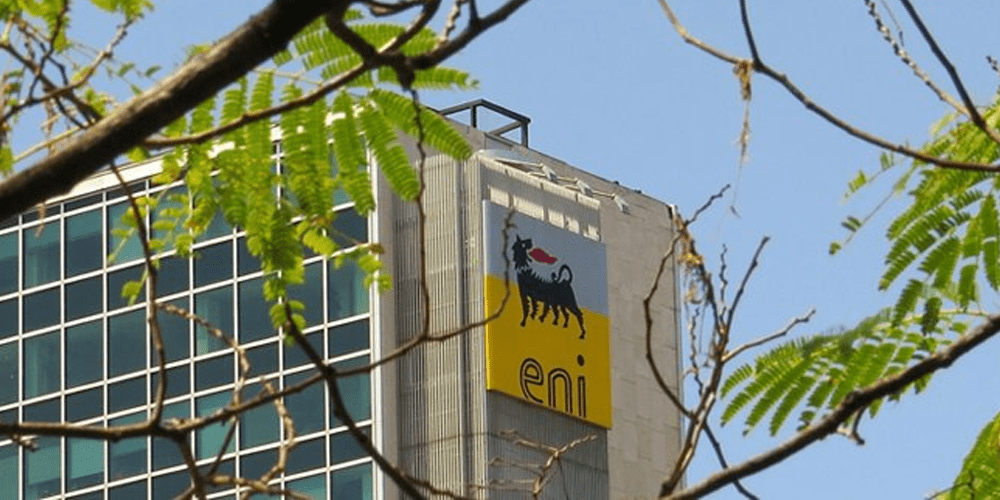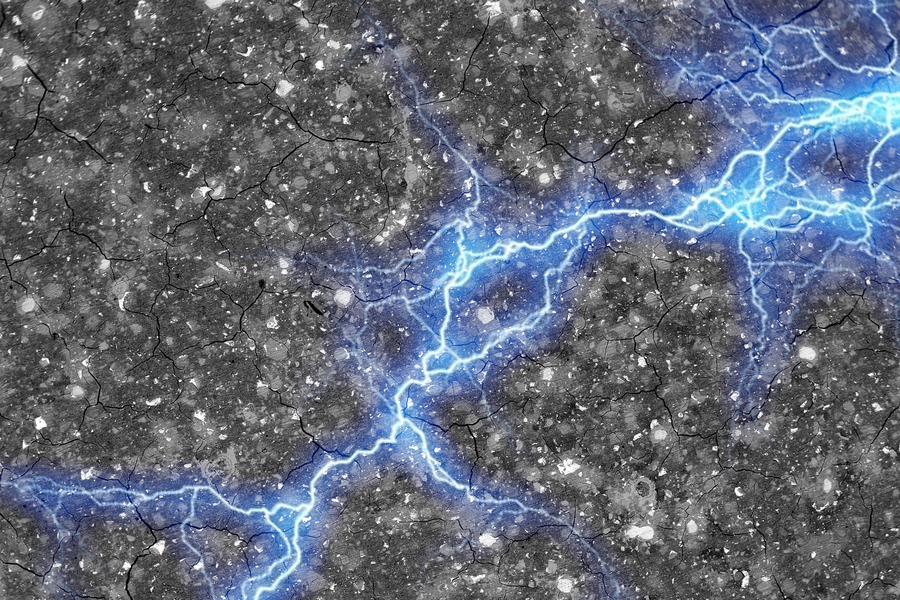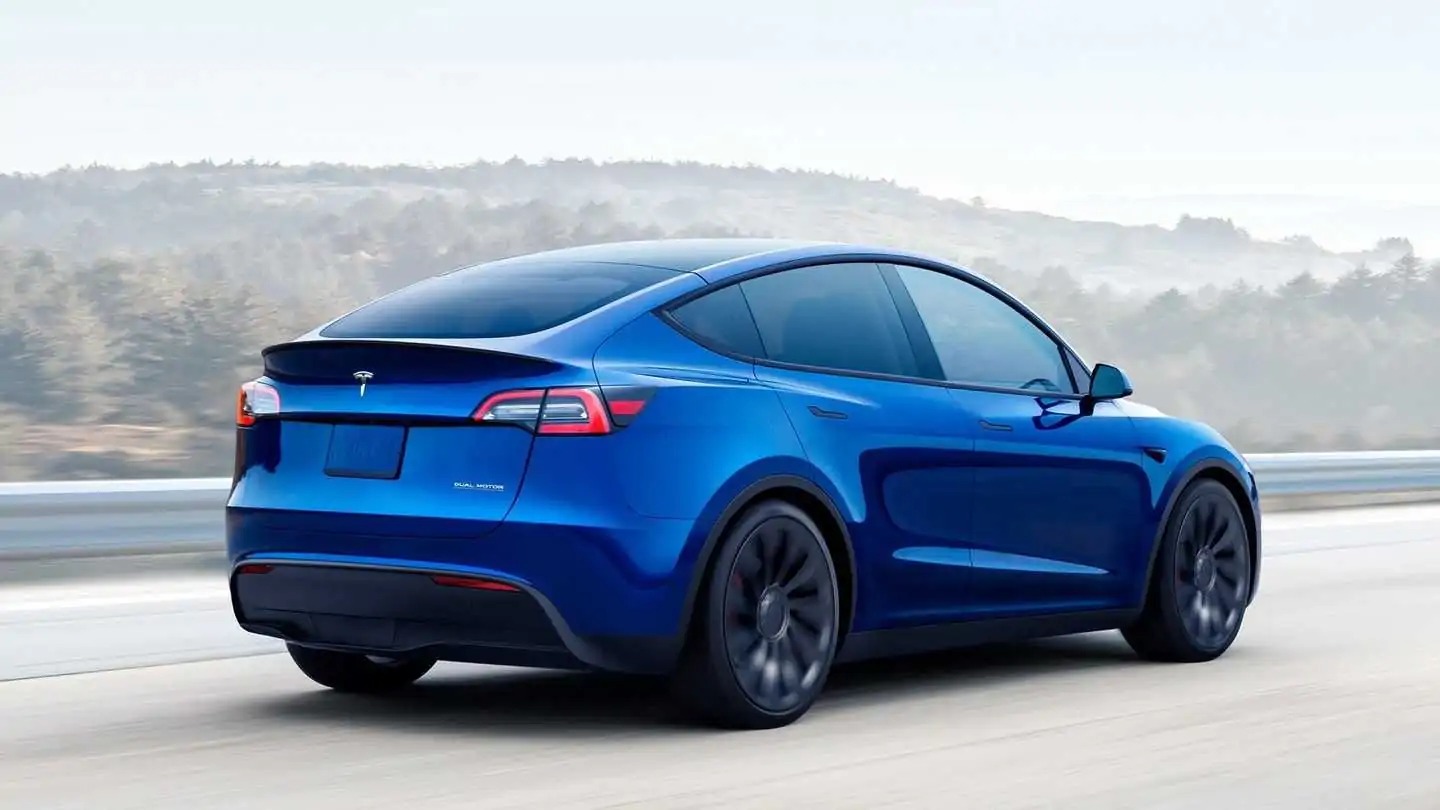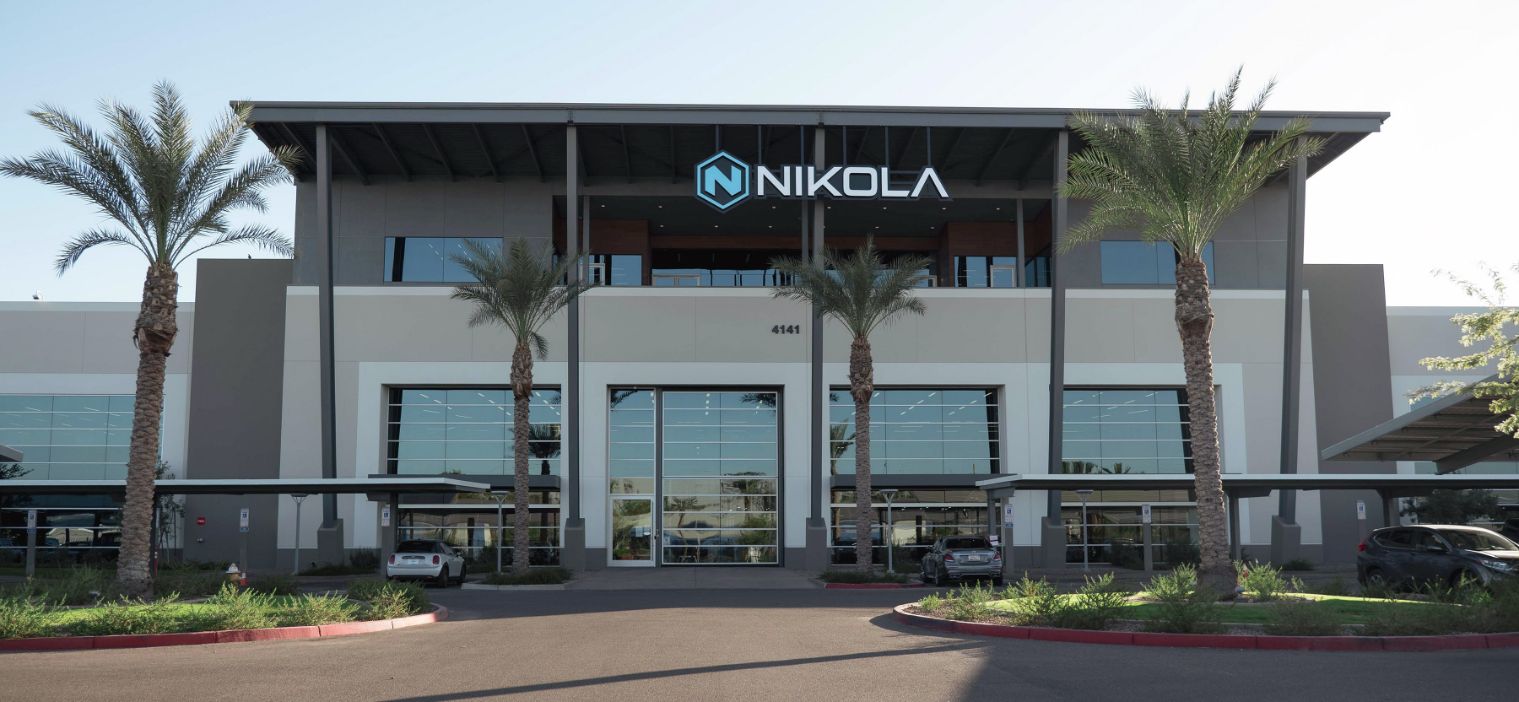The head of the main U.S. business lobby for Southeast Asia has proposed extending electric vehicle (EV) tax credit benefits to Vietnam in order to encourage a significant investment from the country in U.S.-based manufacturing. Presently, rules within the U.S. Inflation Reduction Act (IRA) grant tax benefits only to countries with free trade agreements with the United States, excluding Vietnam.
VinFast, a Vietnamese automaker, recently began the construction of a $4 billion plant in North Carolina to produce EVs for the U.S. market. However, without access to the tax break, VinFast may face challenges in competing effectively, according to Ted Osius, the head of the U.S.-ASEAN Business Council and a former U.S. ambassador to Vietnam.
See also: VinFast Initiates Construction of First U.S. Electric Vehicle Plant in North Carolina
Osius highlighted that VinFast responded to President Joe Biden’s call for domestic EV manufacturing, and he believes the company would like to be included in the EV supply chain without facing discrimination in favor of other EV producers.
While there is currently no direct path for Vietnam to obtain the tax benefits, the ongoing construction of the VinFast plant indicates a certain level of confidence that a resolution will be reached. Osius shares this optimism and suggests that finding a solution for the Vietnamese automaker could serve as a test of the IRA’s extendability.
The IRA provides a $7,500 tax credit on EV purchases in the U.S., provided that a percentage of the critical minerals used in battery production are sourced domestically or from free trade partners. The United States has already signed a deal with Japan on critical minerals to ensure Japanese cars benefit from the tax credit, and now the EU and Britain are seeking similar benefits.
In light of President Biden’s upcoming meeting with Vietnam’s leader at the G20 summit in New Delhi in September, there may be opportunities to deepen the relationship between the two nations, given the growing tension with China.
See also: Vietnamese EV Maker VinFast to List in the U.S. through SPAC Merger
Osius recommends that the U.S. extend the tax benefit to signatories of the Indo-Pacific Economic Framework (IPEF), a trade initiative involving 14 countries, including Vietnam and nearby Indonesia, which possesses significant reserves of minerals used in battery production.
The IPEF was launched by the Biden administration as part of efforts to bolster economic engagement with Asia after the United States withdrew from a pan-Pacific trade pact. However, ASEAN states seek additional market-access provisions to further enhance economic ties.

